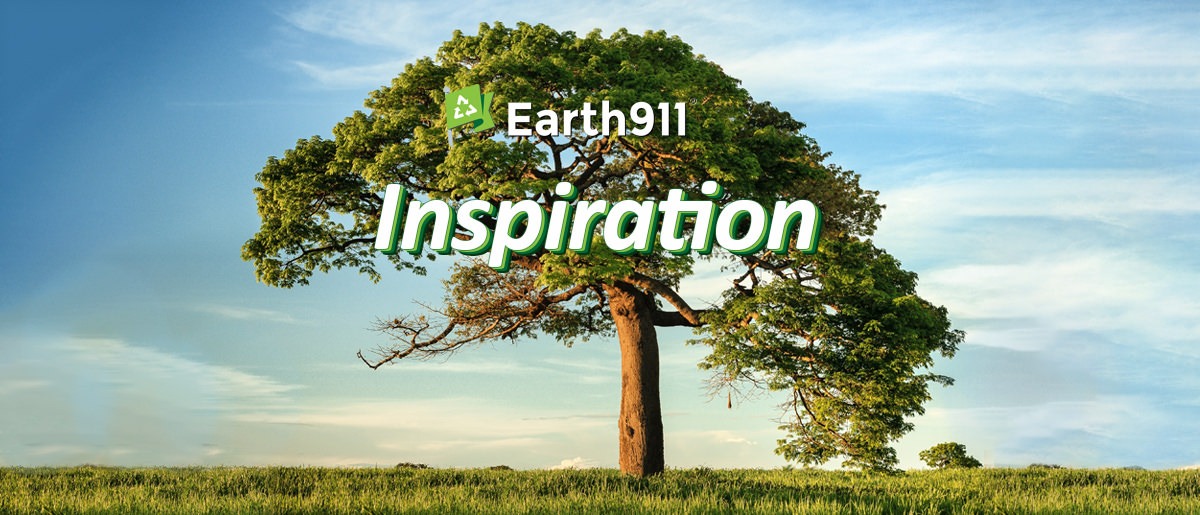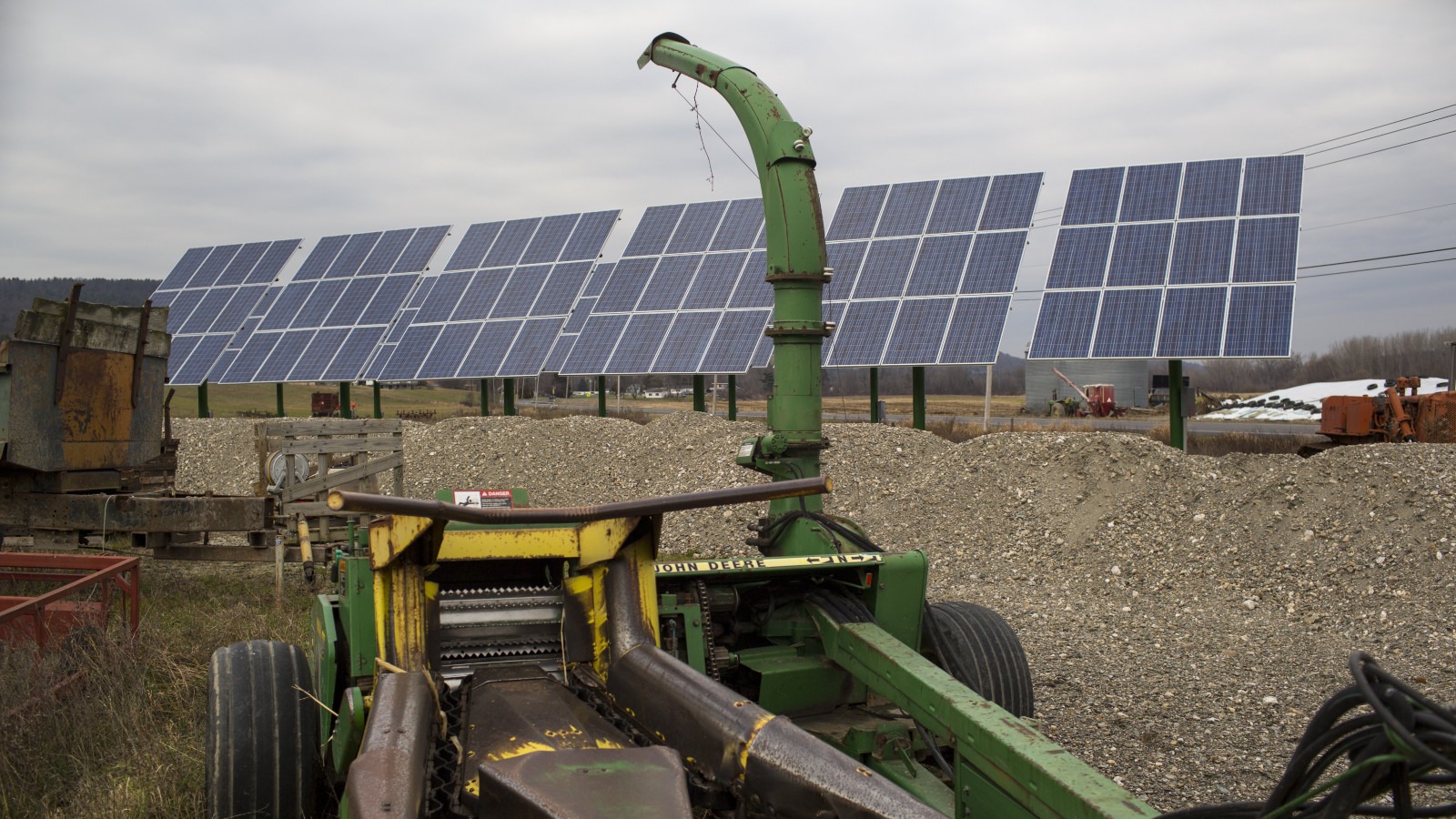Archaeologist Kristina Douglass studies how past human adaptation can inform solutions to today’s climate challenges. She and her team work in southwest Madagascar’s Velondriake Marine Protected Area, investigating how communities have adapted to environmental variability over thousands of years. They study archaeological sites, analyze remote sensing data and conduct oral histories to reveal the ways in which Indigenous communities have managed their landscapes and resources sustainably.
“It’s like being in a library of human experience and looking for the perfect book to deal with a question that has just come up today,” says Douglass, who is a Columbia Climate School professor and a research scientist at the Lamont-Doherty Earth Observatory.
“I really like to think of our work as being in service and in support of communities, and being guided by community needs,” she says.
Learn more about Douglass’s work:
The Olo Be Taloha Lab
What Madagascar Fishing Communities Can Teach Us about Climate Survival
This video is part of the ongoing Science for the Planet explainer series about how Columbia Climate School scientists and scholars are trying to understand the effects of climate change and help contribute to solutions.
Source link
Francesco Fiondella news.climate.columbia.edu



